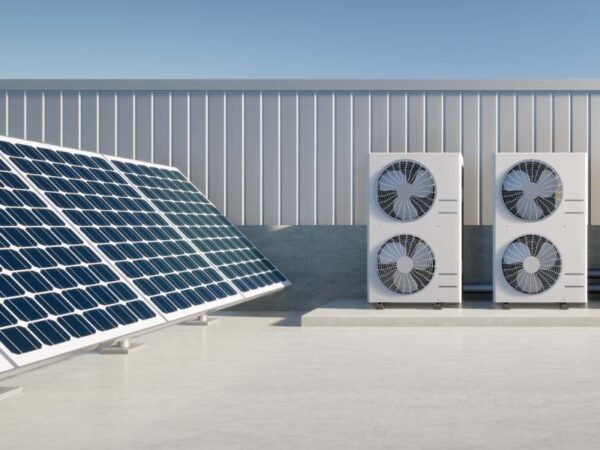In summary
-
Up to 40% of food is lost between farms and markets in Sub-Saharan Africa, with two-thirds of this in the first mile
- Driving efficiency in cold chain and refrigeration can deliver 30 per cent of the required energy savings by 2050 while greatly reducing food loss and waste
- Spurring global action on energy efficiency is one of the focuses of the IEA’s 9th annual Global Conference on Energy Efficiency
With around 14% of food worldwide lost due to a lack of effective refrigeration, enough to feed 1 billion people, Danfoss is calling for more attention on the need to establish sustainable and energy-efficient cold-chain infrastructure.
The required investments in sustainable cold chains are even more evident in Sub-Saharan Africa where up to 40% of food is lost between farms and markets, with two-thirds of this in the first mile.
The need to spur on global action on energy efficiency will be one of the focuses of the International Energy Agency’s (IEA) 9th Annual Global Conference on Energy Efficiency, taking place in Nairobi, Kenya this week.
Kenya is one country where sustainable business models and financing solutions are key to delivering sustainable and reliable cold chains.”
This would lead to a doubling of greenhouse gas emissions by 2050, which is equivalent to more than the total annual greenhouse gas emissions of the United States of America today.
The same report shows that driving efficiency in cold chain and refrigeration through minimum energy performance standards and passive cooling can deliver 30 percent of the required energy savings by 2050 while greatly reducing food loss and waste. This large energy saving is due to the 24-hour, year-long operation of refrigeration.
Astrid Mozes, President, Regions, Danfoss says:
“The good news is that near zero emission cooling is possible. In fact, emissions in 2050 could be cut by 97% with readily available technology including state-of-the-art energy efficiency.
Kenya is one country where sustainable business models and financing solutions are key to delivering sustainable and reliable cold chains.”
The Loss2Value Project in Kenya, launched by Danish Church Aid and Danfoss, is one such example of important work being done locally to establish a secure cold chain.
The project’s objective is to reduce post-harvest losses by emphasizing the concrete value of energy-efficient cold storage to smallholder farmers and traders in Kenya and creating the ecosystem to make it a sustainable business case.
By implementing sustainable business models and financing solutions, the initiative is empowering Small and Medium Sized Enterprises and farmers to make positive change.
This initiative not only addresses the immediate challenges but also contributes to creating a lasting and resilient impact on the agricultural landscape in Kenya.
Also Read
Boeing picks Ethiopia as African headquarter
Unitrans enhances last-mile fuel delivery with state-of-the-art technology


